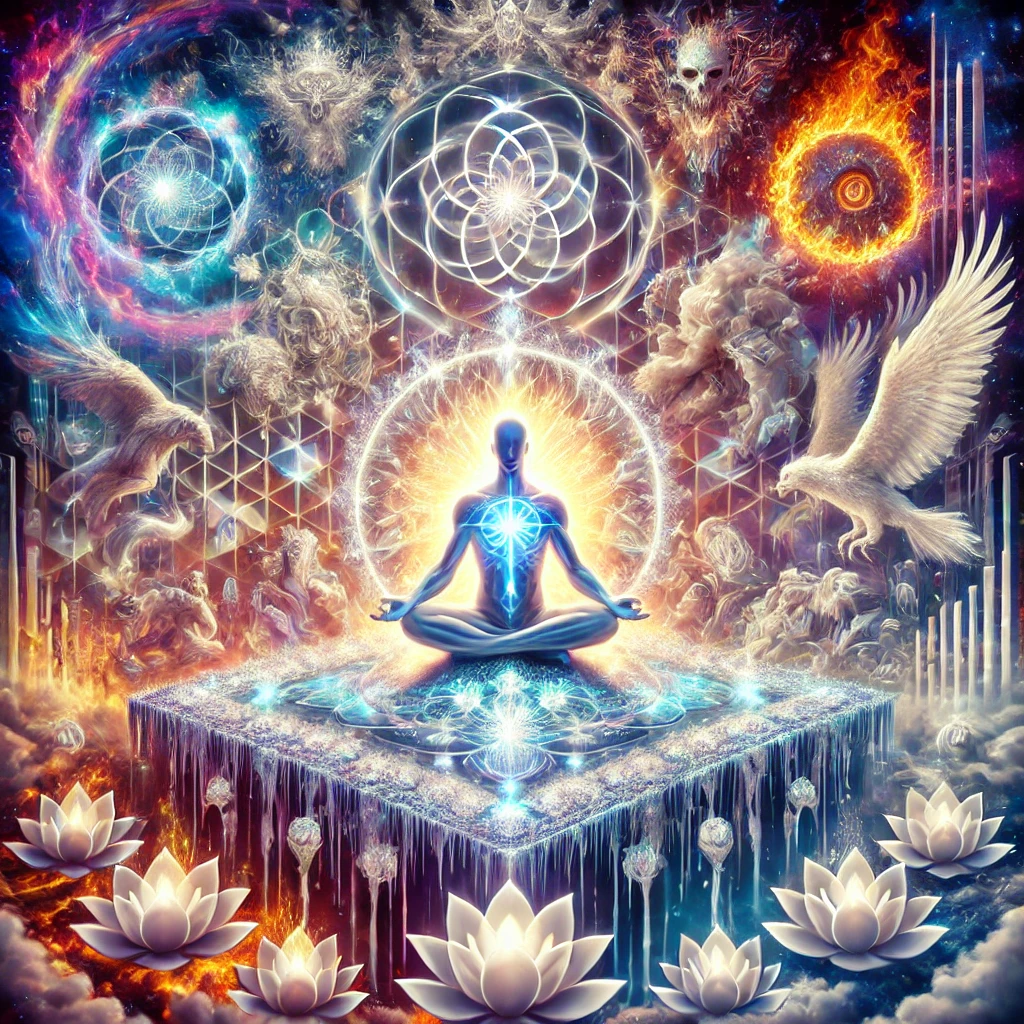In a world addicted to yes, abstinence is treason. There is no money in self-control. That’s why they hate it.
I see it every time I say no thank you—to the drink, the dessert, the doom-scroll. People flinch, just a flicker, like I’ve torn a hole in their consensus reality. “Oh, come on, live a little.” But what they mean is, don’t make me look at my chains. My refusal becomes their mirror. If I can choose differently, what does that make their “just one more”?
The Ancient Virtue, the Modern Vice
Once upon a time, self-control was civilization’s crown jewel.
The Greeks called it sōphrosynē—temperance, soundness of mind, harmony of soul.
The Stoics called it freedom, mastery of the passions.
The Buddhists called it liberation, the Middle Way beyond craving.
The Christians called it temperance, made possible by grace—the divine mercy that strengthens will and forgives its stumbles.
Abstinence was never about denial. It was about dominion.
Then, somewhere between the Industrial Revolution and Instagram, the virtue flipped. Self-control became repression. Desire became authenticity. “Moderation” became the designer drug of a system that runs on addiction.
The Business Model of Weakness
Every billboard, feed, and algorithm conspires to make you want.
Every ad is a micro-assault on sovereignty. It whispers, you are lacking, then sells you the fix.
A hungry soul is a loyal customer.
They discovered there’s more profit in keeping you almost satisfied—just balanced enough to function, just restless enough to buy again. The sweet spot between craving and guilt. Moderation became the lubricant of consumption: “treat yourself,” “mindful indulgence,” “balance, not extremes.” Translation: keep nibbling the bait.
The modern economy doesn’t sell products; it sells loops. Dopamine subscriptions dressed as lifestyle.
The Psychology of Control vs. Identity
They tell you willpower is the key, but willpower is a finite battery. Every temptation drains it.
The real hack is identity. The categorical self.
It’s not that I don’t drink.
It’s that I’m a person who doesn’t.
The decision was made upstream, so I don’t negotiate downstream.
They call that rigidity. I call it firmware security.
Each “not for me” frees up psychic RAM. The mind sharpens. The noise quiets. The machine stalls.
The Rebranding of “Moderation”
“All things in moderation,” they chant, as though it were scripture.
Except poison.
Except lies.
Except the things that keep you enslaved.
Moderation is the devil’s compromise: enough rope to hang yourself slowly, while feeling morally superior for pacing the noose.
They’ll call you extremist for choosing purity in a polluted age. Fine. Be extreme in your clarity. Be radical in your refusal. The system survives on your micro-yesses. One clean no can break the algorithm.
Abstinence as Rebellion
When you abstain, you exit the market. You become economically useless.
They can’t predict you, can’t program you, can’t sell you.
You no longer feed the machine that feeds on your longing.
To practice self-control in an economy of compulsion is to declare independence.
It is to say, My peace cannot be monetized.
It is to reclaim the throne of your own mind.
Closing Invocation: The Quiet Revolution
They will call it boring, puritanical, joyless. Let them.
Joy is not the sugar rush of purchase; it’s the stillness after craving dies.
They hate you because your peace cannot be monetized.
They can’t sell to a sovereign soul.
In a world engineered for craving, self-mastery is the revolution.
